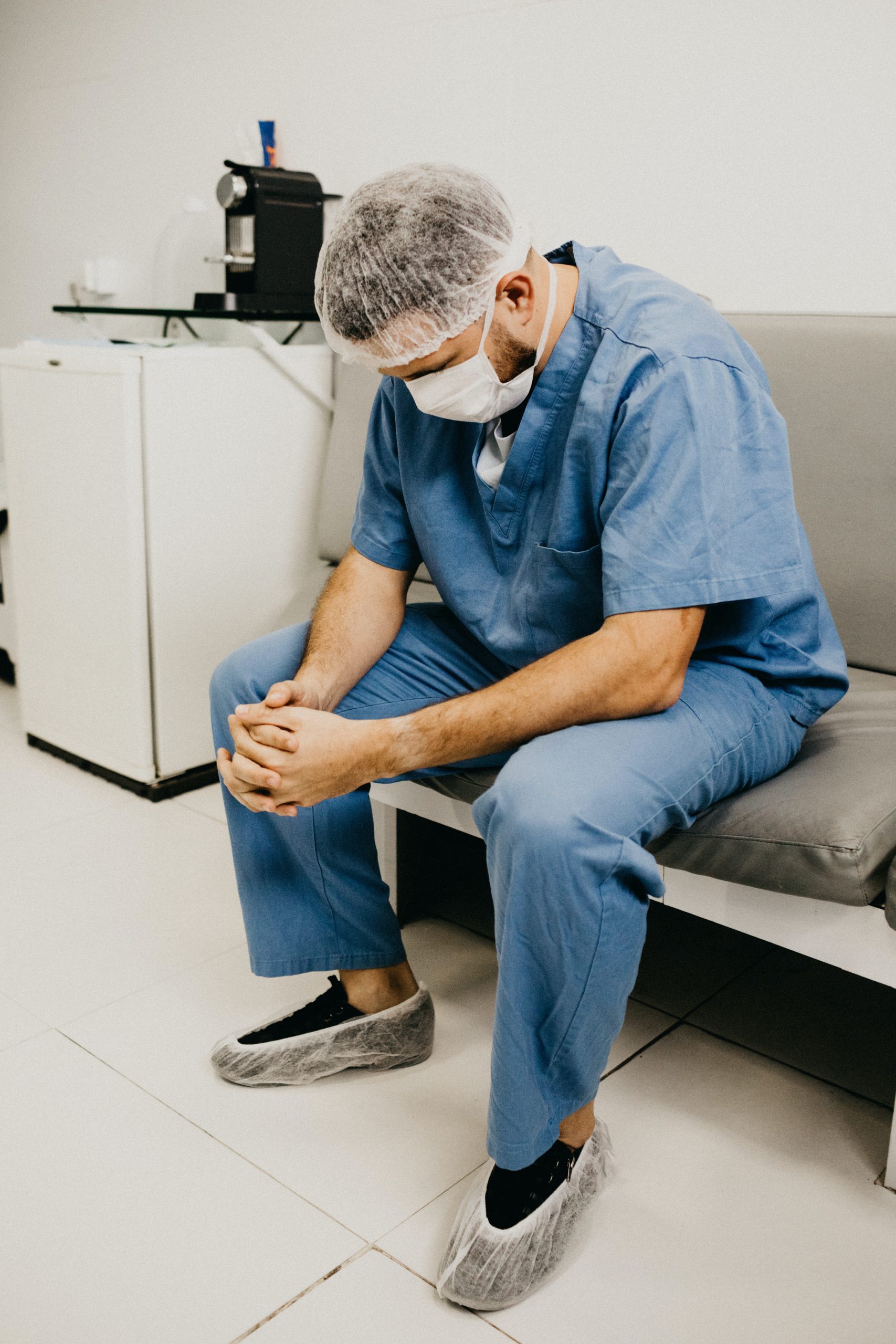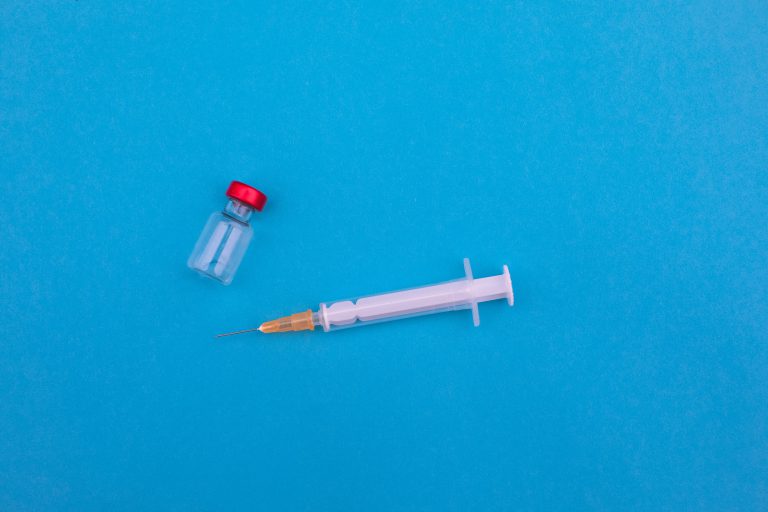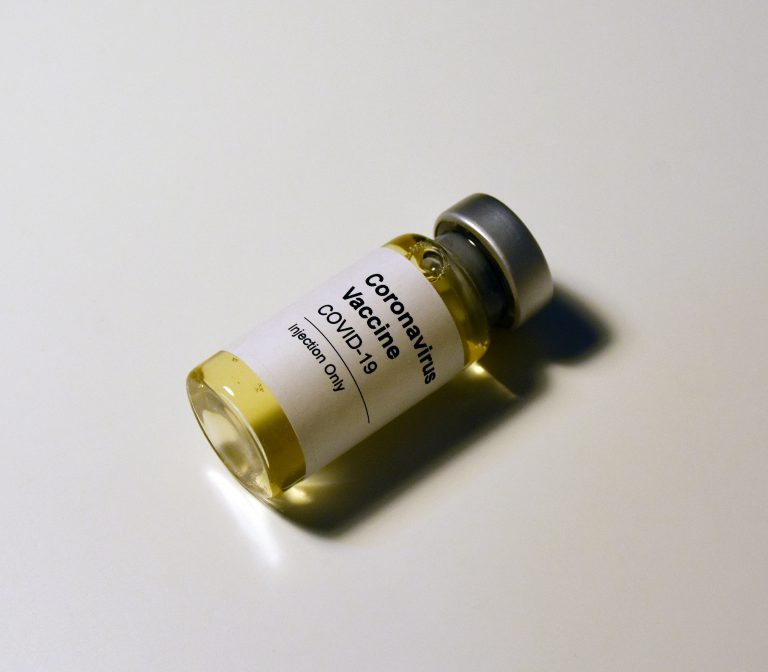It is no secret that most high-risk professions now are in the medical field. Healthcare workers on the frontlines are faced with the immense risk of contracting a deadly virus on a daily basis. As such, it is understandable that many of them are experiencing unprecedented amounts of stress, given the weight of the responsibility that they bear.
With this overwhelming amount of stress, burnout is just around the corner.
What is burnout?
This term refers to the culmination of severe physical, emotional, and mental exhaustion from repeated exposure to stress. It can be characterized by feelings of disillusionment towards one’s work, including a reduced sense of achievement, indifference, skepticism, and distrust.
If burnout remains unaddressed, it could result in lowered resilience, moodiness, decreased empathy, hopelessness, feelings of dread, detachment from patients, and disregard for professional boundaries and ethics.
However, the symptoms aren’t just limited to a person’s emotional state. Many sufferers of burnout report frequent colds, headaches, and feelings of fatigue. It can also lead to reduced immune responses in the long term, which is especially risky in the present situation.
The data
Recent studies have shown that over 50 percent of doctors have shown signs of burnout. This was already a growing concern even before the pandemic. Since 2011, doctors have been reporting one or more of the feelings associated with the condition. Economic studies have also shown that these issues are costing the health industry $4.6 billion per year.
As demands on doctors and other health workers only grow, the risks to the mental health of medical professionals are expected to skyrocket.
What needs to happen?
There are plenty of reforms needed in the American healthcare system. While this is out of the control of many professionals, there are things that can be done to alleviate the feelings of burnout. And while people burn out for different reasons and in different ways, there are quite a few tried-and-tested methods a medical professional can do to get their groove back.
Here are just of them:
Set firm boundaries
Make sure to work reasonable hours and to use your downtime for activities outside of work.t take your mind off things. Understand that you have limitations and that going against these limitations is not good for you. You are a human being, and human beings need rest, food, and fulfillment. Make sure your boundaries account for each of these needs. Basically, treat yourself as you would any of your patients.
Exercise
One of the easiest ways to generate endorphins and other hormones associated with positive emotions is to exercise regularly. Exercising is also likely to give you a sense of satisfaction outside of your work, as fitness goals are immensely personal and satisfying once achieved.
Find hobbies outside work
Most people do not realize that they have behaved in a way that the main source of their fulfillment is their job. While there is nothing necessarily wrong with that, it is important to have a source of happiness that is your own, such as a hobby. Whether this is just sitting in relaxation in front of a TV, crocheting to the sounds of soft jazz, or playing video games, do what you need to do to bring a little bit more joy into your life.
In conclusion
Times are hard and stressful. Though a medical professional’s job is to take care of others, it is of paramount importance that you take care of yourself. Working yourself hard to the point of burnout can risk your patients’ lives and present an unnecessary risk to yours.
If you need more resources on dealing with burnout as a medical professional, send us a message at Dose of Healthcare. We have the resources needed to make sure you are in tip-top shape—physically, mentally, and emotionally.



















